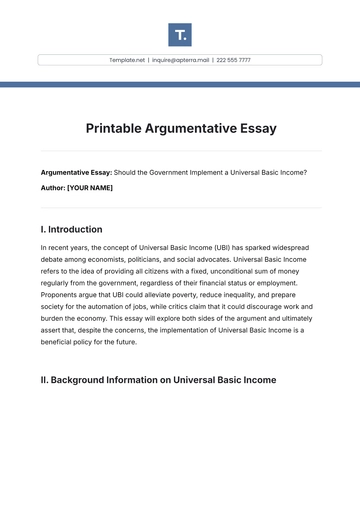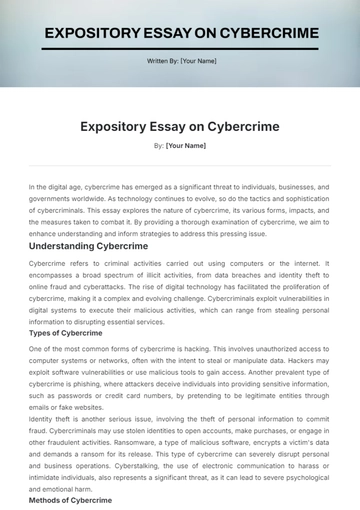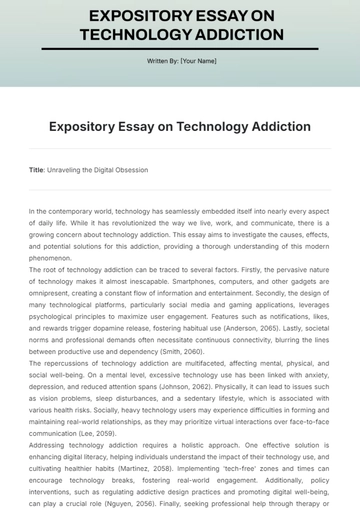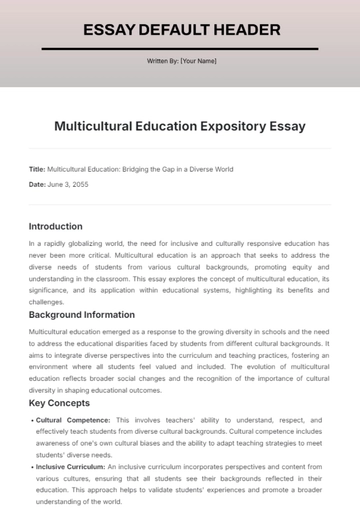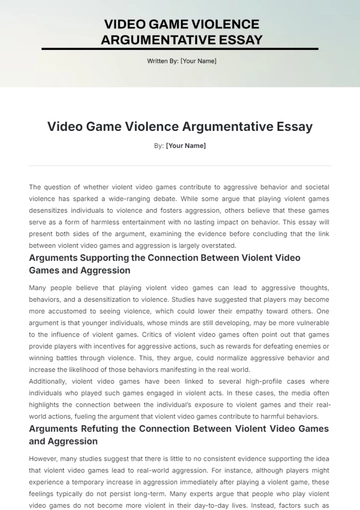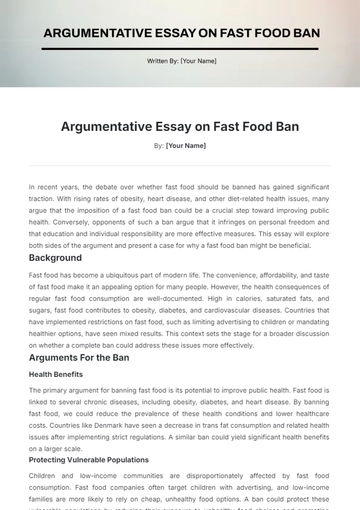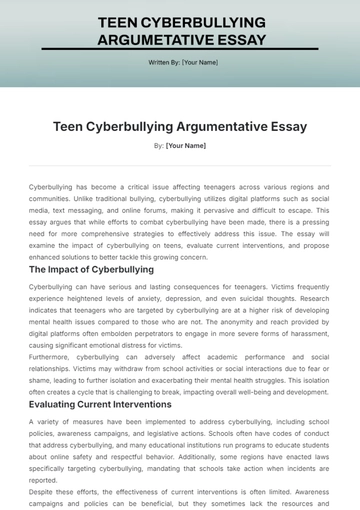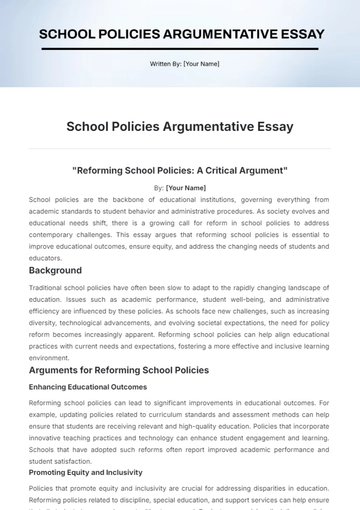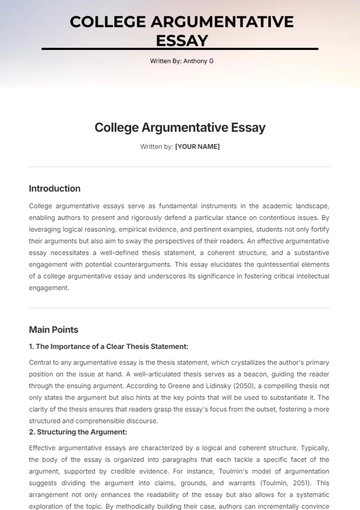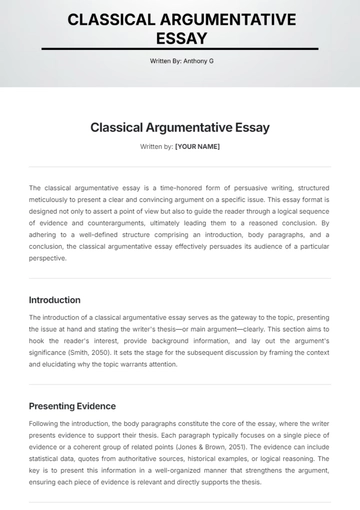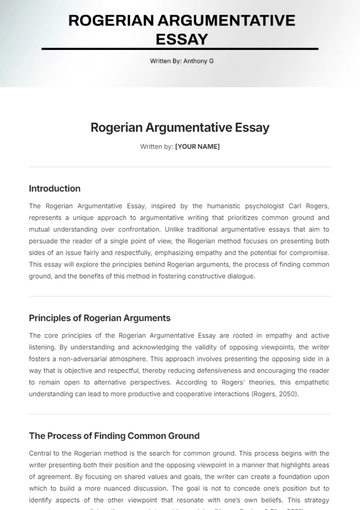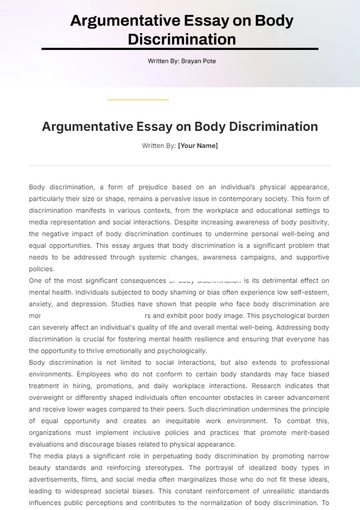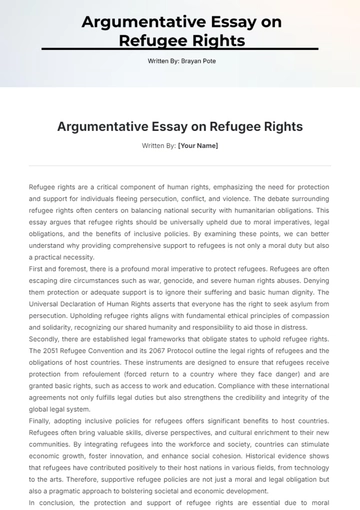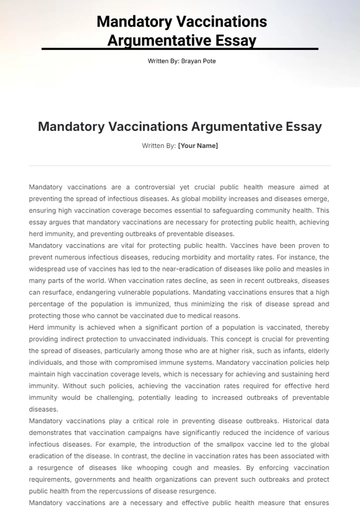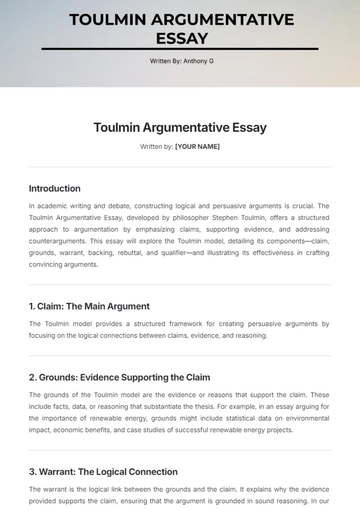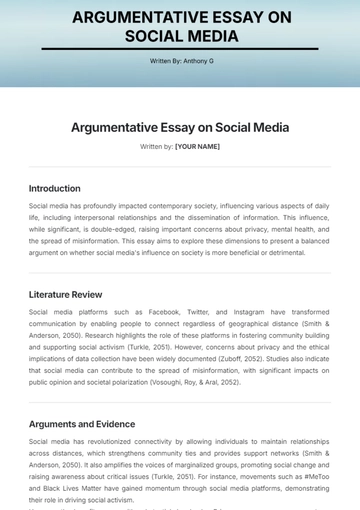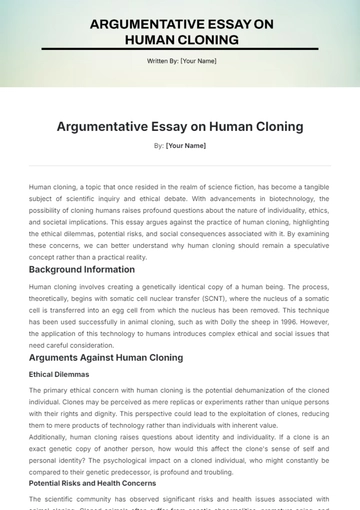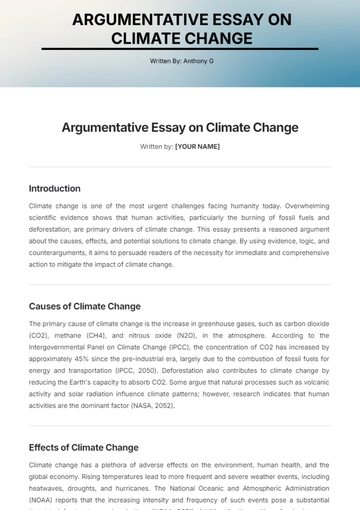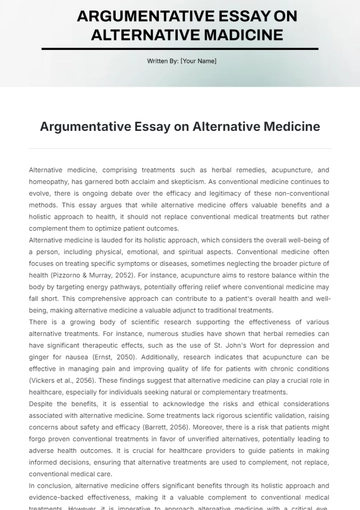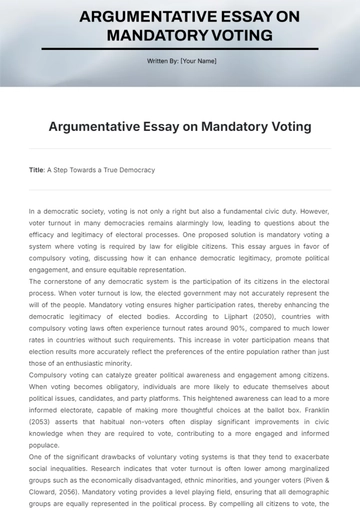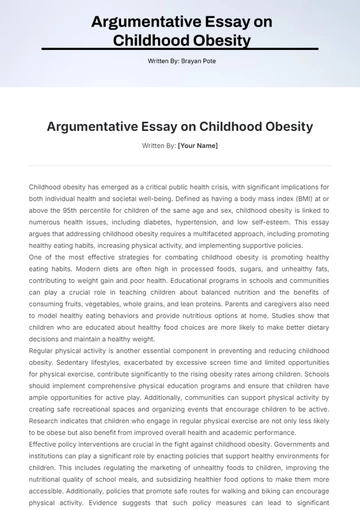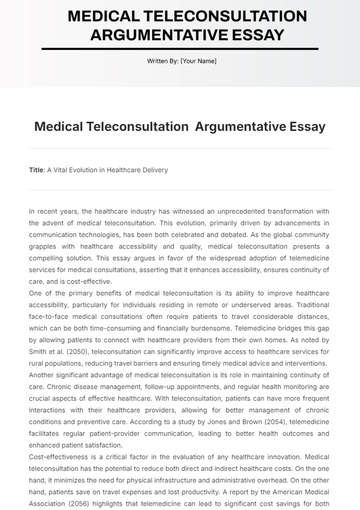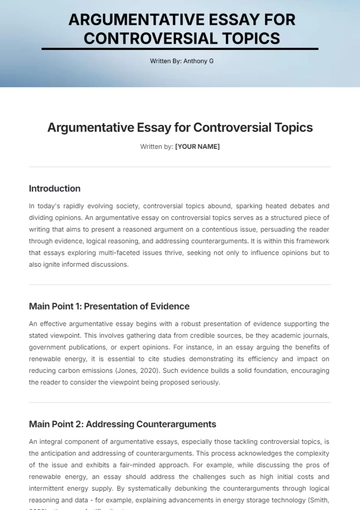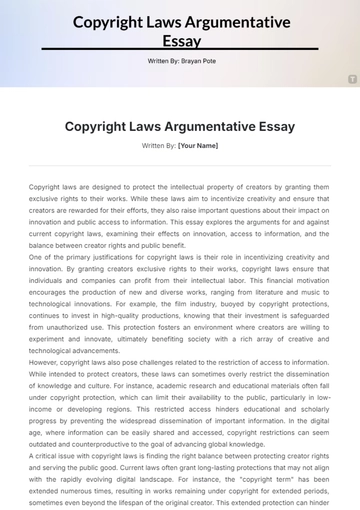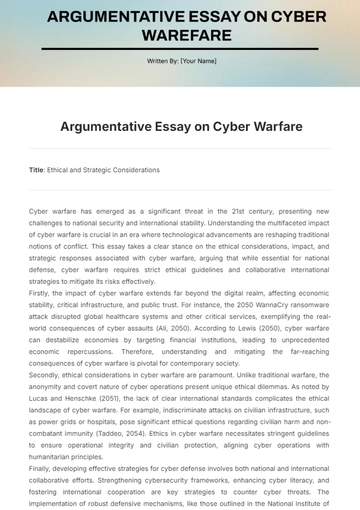Free Argumentative Essay on Racial Discrimination
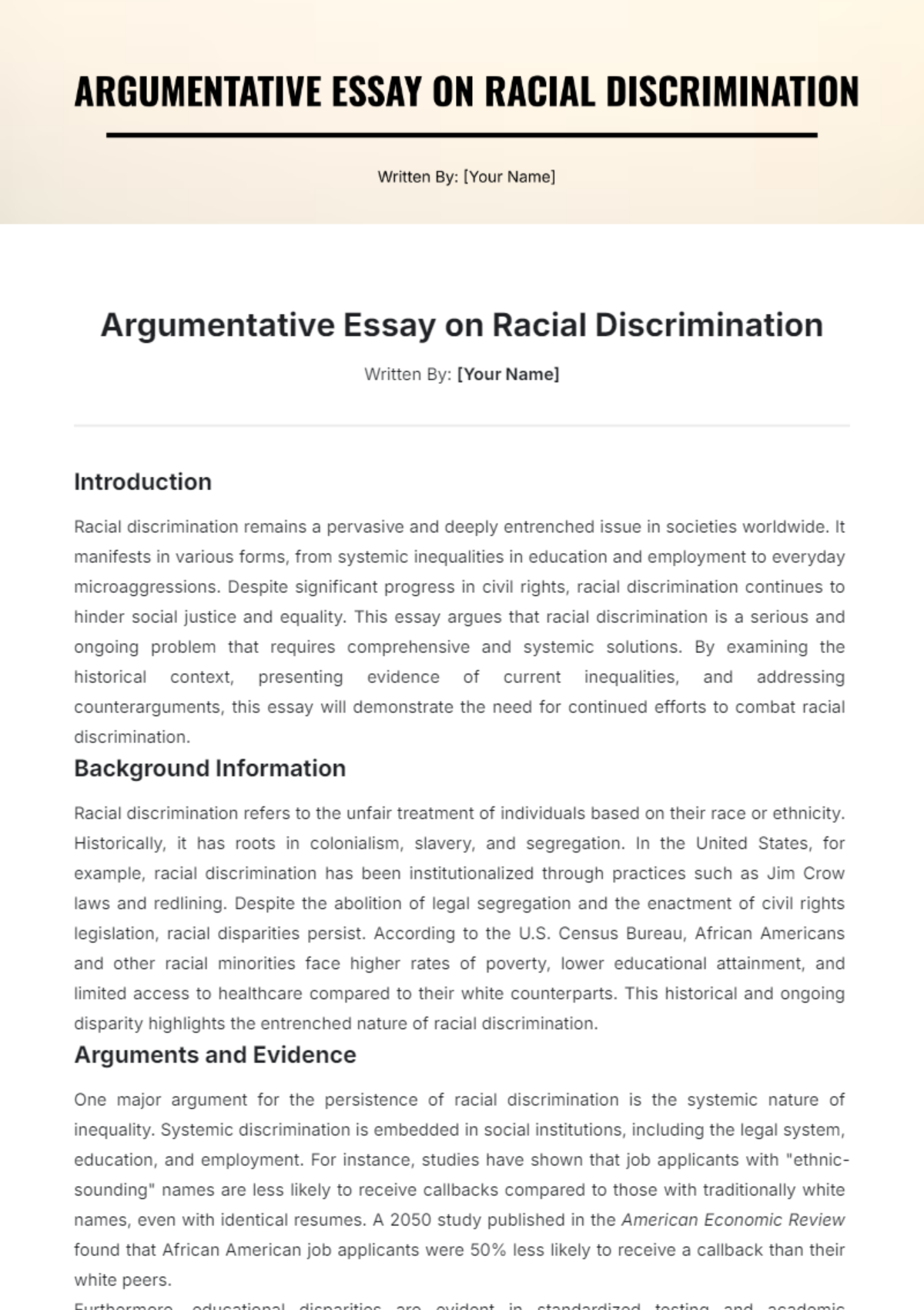
Written By: [Your Name]
Introduction
Racial discrimination remains a pervasive and deeply entrenched issue in societies worldwide. It manifests in various forms, from systemic inequalities in education and employment to everyday microaggressions. Despite significant progress in civil rights, racial discrimination continues to hinder social justice and equality. This essay argues that racial discrimination is a serious and ongoing problem that requires comprehensive and systemic solutions. By examining the historical context, presenting evidence of current inequalities, and addressing counterarguments, this essay will demonstrate the need for continued efforts to combat racial discrimination.
Background Information
Racial discrimination refers to the unfair treatment of individuals based on their race or ethnicity. Historically, it has roots in colonialism, slavery, and segregation. In the United States, for example, racial discrimination has been institutionalized through practices such as Jim Crow laws and redlining. Despite the abolition of legal segregation and the enactment of civil rights legislation, racial disparities persist. According to the U.S. Census Bureau, African Americans and other racial minorities face higher rates of poverty, lower educational attainment, and limited access to healthcare compared to their white counterparts. This historical and ongoing disparity highlights the entrenched nature of racial discrimination.
Arguments and Evidence
One major argument for the persistence of racial discrimination is the systemic nature of inequality. Systemic discrimination is embedded in social institutions, including the legal system, education, and employment. For instance, studies have shown that job applicants with "ethnic-sounding" names are less likely to receive callbacks compared to those with traditionally white names, even with identical resumes. A 2050 study published in the American Economic Review found that African American job applicants were 50% less likely to receive a callback than their white peers.
Furthermore, educational disparities are evident in standardized testing and academic achievement. Research by the National Center for Education Statistics reveals that African American and Hispanic students consistently score lower on standardized tests compared to white students. These disparities contribute to the achievement gap, which perpetuates cycles of poverty and limited career opportunities.
Another critical aspect is the impact of racial discrimination on health. The American Psychological Association reports that chronic exposure to discrimination can lead to stress, which adversely affects mental and physical health. This phenomenon, known as "racial battle fatigue," has been linked to higher rates of hypertension and cardiovascular disease among marginalized communities.
Counterarguments
Some may argue that racial discrimination is no longer a significant issue, pointing to legal advancements and increased diversity in various sectors. They may cite the election of a Black president or the rise of successful individuals from minority backgrounds as evidence that racial discrimination has been largely addressed. However, these counterarguments often overlook the persistence of structural inequalities and the everyday experiences of discrimination faced by many individuals.
While legal changes are important, they do not automatically eradicate deeply ingrained prejudices or the subtle forms of discrimination that continue to affect marginalized communities. The presence of a few high-profile individuals from minority backgrounds does not reflect the experiences of the broader population, where systemic issues persist. Additionally, the focus on individual success stories can detract from the need for systemic reform and comprehensive solutions to address ongoing disparities.
Conclusion
Racial discrimination remains a significant and pervasive issue that demands ongoing attention and action. Despite progress in civil rights and legal reforms, systemic inequalities and everyday experiences of discrimination continue to affect marginalized communities. Addressing racial discrimination requires more than legal changes; it necessitates comprehensive policies, systemic reforms, and a commitment to social justice. By acknowledging the historical context, presenting evidence of current disparities, and addressing counterarguments, we can work towards creating a more equitable and inclusive society. The fight against racial discrimination is not only a moral imperative but a crucial step toward achieving true equality and justice for all.
- 100% Customizable, free editor
- Access 1 Million+ Templates, photo’s & graphics
- Download or share as a template
- Click and replace photos, graphics, text, backgrounds
- Resize, crop, AI write & more
- Access advanced editor
The Racial Discrimination Argumentative Essay Template on Template.net offers an expertly crafted framework to address this critical social issue. Fully editable and customizable, it allows users to personalize content to suit their arguments. It is also editable in our Ai Editor Tool, providing a seamless experience for creating compelling, professional-quality essays efficiently.

